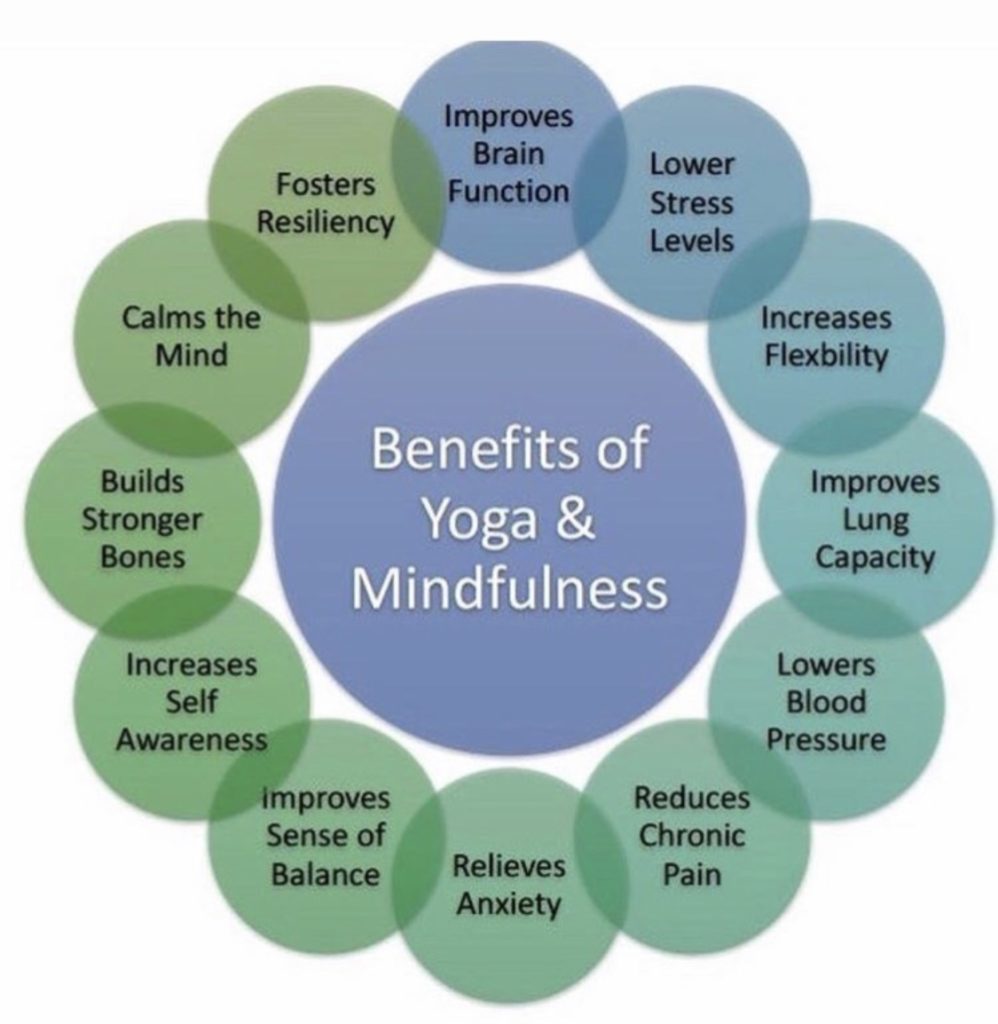The mindfulness practice has moved from a Buddhist concept funded about 2600 years ago. For Buddhists, the purpose of practicing mindfulness is to know the mind, train the mind and free the mind. Nowadays it became a mainstream psychotherapy concept. People of all ages would benefit from being more mindful with kindness, acceptant and compassion.
Mindfulness is a great way to fix the unbalanced state. Practicing mindfulness gives you the ability to see the world with curiosity and without judgement, and live with a moment-to-moment awareness. It is a journey of self-discovery and acceptance that leads to a more balanced body, freeing the heart and mind. And we sometimes translate that into the mind-and heart connection.
This practice not only promotes peace and harmony in each and everyone of us, but also studies and evidence have shown that practicing mindfulness especially with mediation improves our immunity and is highly beneficial to our overall health. Other benefits of mindfulness including remove stress, better emotion management and more focused mind with higher productivity.

When you’re just starting up, you may feel that no matter how hard you try, you can’t stop in the moment. You may start to judge yourself, or judge others. At this time, just remember to accept. Embrace everything about yourself, including imperfect but authentic you.
Observe your thoughts and when you notice you are thinking negatively, take a deep breath and replace the negative thoughts with something that you are grateful for. Doing this will eventually change the programing of our brain.
Our goal is to practice becoming the observer of our thoughts to access a healthy relaxed state of mind which puts you into your peaceful zone. Through mindfulness meditation, we can break the imbalance in life and become comfortable being with ourselves.
Now let’s practice a mindfulness meditation together.
Audio PlayerDaphne M. Davis, PhD, is a postdoctoral fellow at the Trauma Center at Justice Resource Institute in Brookline, Mass.
Jeffrey A. Hayes, PhD, is a professor of counseling psychology at the Pennsylvania State University department of educational psychology, counseling and special education.

Give a Reply